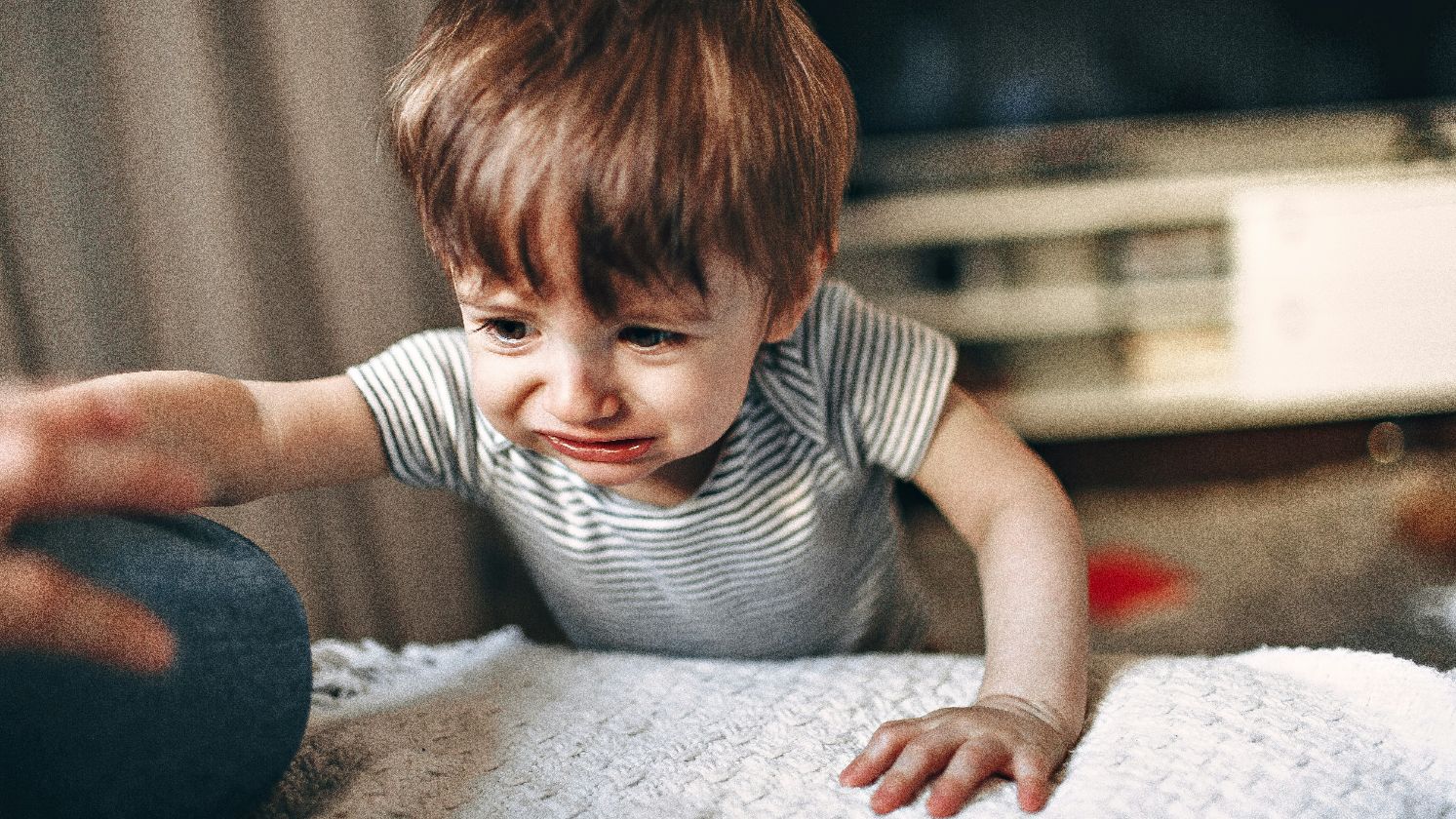Family life naturally comes with built-in tension. Someone's always being a little loud and disruptive, someone else is sulking in their room, and another is making a mess in the kitchen. It stands to reason that in a household with people living connected but ultimately separate lives, there will be few occasions when everyone is operating on the same emotional frequency. Rather than scheduling another household meeting to discuss the growing dysfunctionality, why not implement a little communal quiet time or meditation? Recent research shows that mindfulness-based stress reduction programs significantly decrease stress levels in parents while improving parent-child relationship quality, and that shift ripples through every interaction in the home.
It Rewires How Parents Handle Stress
A 2025 study on parents of children with behavioral challenges found that those who participated in an online mindfulness program reported noticeable reductions in stress and felt better equipped to manage their emotional responses. That matters more than it might sound. When you're less reactive, the whole household temperature drops.
The mechanism isn't mystical. Breathing exercises, guided relaxation, and mindful body awareness help regulate the autonomic nervous system, lower physiological arousal, and reduce emotional reactivity. Practically speaking, it means you won’t snap at your kid for spilling juice because your body isn't primed for fight-or-flight from three other things that went wrong.
Most parents don't realize they're walking around in a constant low-grade stress state until they're not anymore. That baseline tension affects everything from tone of voice to whether you have the patience to explain something for the fourth time.
Children Mirror What They Experience
Here's where it gets interesting. A meta-analysis of mindfulness interventions involving children with autism found that when parents practiced meditation, their children showed improved emotional regulation and enhanced social responsiveness as well. The fascinating aspect is that kids didn't do the meditation—their parents did.
We like to think children respond to what we say. Closer to the truth is that they respond to how we are. When we're calmer, they're calmer. When we can sit bristling with agitation, they learn that tendency by proximity.
Many parents in mindfulness programs reported increased patience and understanding, experiencing a shift that allowed for more positive interactions with their children.
The Whole System Recalibrates
A pilot study of parents with ADHD children found that mindfulness training resulted in a 100% program completion rate, with stress scores dropping from 29.44 before intervention to 24.72 one month after. These were parents managing genuinely difficult behavioral challenges, and the effects held.
Families are systems, not collections of individuals. Change one part and everything else adjusts accordingly. When the most stressed person in the house (usually the primary caregiver, let's be honest) becomes less stressed, conflict drops, communication improves, and suddenly there's emotional bandwidth for things beyond crisis management.
It's worth noting that meditation doesn't make problems disappear, but you'll be better equipped to make the most of those few seconds between setback and response to ensure your reaction is softened. Those seconds make the difference between a lecture that escalates into a fight and a conversation that actually leads somewhere.
It Creates Shared Language and Practice
Meditating together doesn’t require the intense thirty-minute kind with incense and music; it simply creates brief moments of collective breathing or body scanning. Studies indicate that meditation helps children with focus, self-awareness, self-regulation, and general mental health, and when it's a family practice rather than something only Mom does, it becomes woven into how the household operates.
This isn't about creating perfect, zen households where nobody argues. It's about giving everyone—parents and kids—tools to downshift from reactive mode. When meditation is framed as a household skill rather than a parental intervention, children pick it up faster and use it more readily.
The Effects Compound Over Time
Research exploring the long-term impact of mindfulness programs found that effectiveness varied across different time points but showed sustained benefits in overall wellbeing three years after program completion. This isn’t a quick fix, but the good news is that the positive changes accumulate and stick around.
Early on, you might notice you're slightly less irritable. Six months in, family members might start commenting that you seem different. A year out, you realize entire categories of conflicts have disappeared—not because the circumstances changed, but because the reactions did.
The practice becomes less about formal meditation sessions and more about a fundamental reorientation toward stress, emotion, and relationship. You're still a family with all the messiness that entails. You're just a family that can navigate the mess without everyone ending up wounded from the banter.










